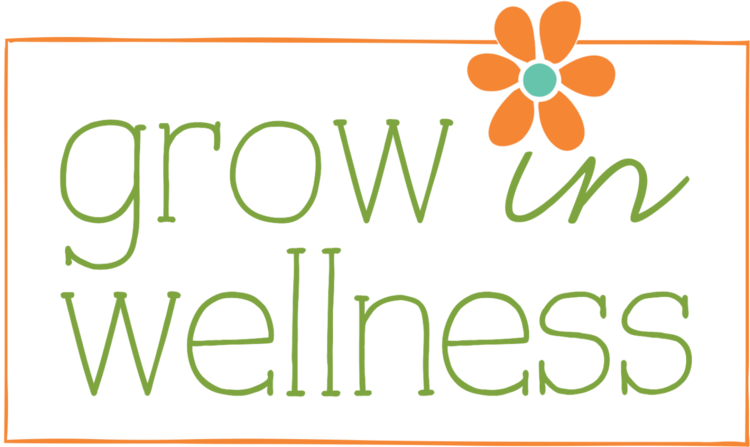A Better You in 21 Days

Old habits are hard to break, isn’t that the truth?! I find it fascinating how some habits not only stick like a fast acting superglue, but they are so permanently a part of our lives that we aren’t even aware that we are doing them. Then there are those we are aware of and don’t mind, and still others we struggle with as we try to break them. It is said that it takes ‘three weeks to make or break a habit’, and I wanted to see if there was any truth in that. So while I started out on my own personal experiment in giving up gluten for three weeks, I did some research to see about the 21-day theory.
It seems there is quite a large body of research that backs the ‘three weeks to make or break a habit’ saying. And there is also evidence that says it can take longer. I’m going to give you the nutshell version here, but if you want to know more, Google is more than happy to help. In one sense, habits are a part of us, woven into the fabric of our day-to-day lives in varying levels of deep-seated roots. These are explained as “patterns of well-used synaptic pathways”. When we repeat a behavior enough, the pathways are reinforced and the triggers and signals become automatic. (Automatic also infers that no thinking is involved, so of course it would be hard to break a habit that doesn’t even need a pause when it plays out.)
Habits are easier to make than they are to break and that’s good news and bad news all at once. Repeating a habit over and over creates new signals and pathways, but trying to break a habit only weakens the response; the pattern is always settled in somewhere in the depths of your brain. Some of the most difficult of these types of deep-set patterns are drinking and smoking and people who break or try to break those habits spend years battling the triggers that bring back the old behaviors. Luckily, those are the extremes and most people find a great deal of success with the three week (or so) scenario. Just there is no one diet for everyone, what takes one person three weeks might take another five… but any new habit that is healthy and betters your life is worth the effort. Especially when it comes to eating and exercise!
When it comes down to it, three weeks is a reasonable amount of time to at least give a new habit (or the breaking of an old one) a chance to take root. At the very least, it should help create momentum to keep going. But how you go about doing that has a big bearing on your success. Here are some tips on how to make or break habits (or do both!) to improve your life.
Here are a few tips:
- Break your goal down into manageable steps. For example, if you don’t exercise at all, aim for 1 day a week and add a day every few weeks until you are up to 3-4 days a week. Or if you drink 5 sodas all day, replace two of those sodas with water one week, three the next, etc.
- Start with one or two new behaviors to work on at the beginning, not four or five – ease into it.
- If your habit is hard to remember to do, then write it on a to-do list or a post-it note as a reminder… even if that means putting a post-it on the refrigerator door telling yourself to “eat the oranges” you just bought. There are also apps like “Lift” “StickK” and “Habit Streak” that use your iPhone or Android phone to help you stay on track. (I’m sure there are many others, too).
- Think Positive! You can do this! And give yourself credit for every little accomplishment you do make – doing something is better than doing nothing.
- Set a goal and a reward for yourself when you meet it. Everyone will have his or her own ‘carrot’ to dangle. What is yours? Enlist a friend or family member to help keep you accountable.
- Give yourself a break. If you fall short of your goal one day, then start up again the next, each day is a clean slate for making positive changes.
And above all, remember that in making healthy choices you are worth it, so take time to take care of you!
And about that wheat-free habit? I made it through with a few set-backs, but I felt sharper and less tired in the afternoon and I even have less joint pain in a troublesome shoulder. It is easier and easier to choose foods now that my kitchen is stocked with options and I’ve learned how to navigate eating out. Do I miss foods with wheat? Sometimes, yes, but feeling better helps me get past it quickly.
Have you given up wheat? I’d love to hear your experience in the comments below.
Some information taken from:
* HuffingtonPost.com
* NewLeafandCompany.com
